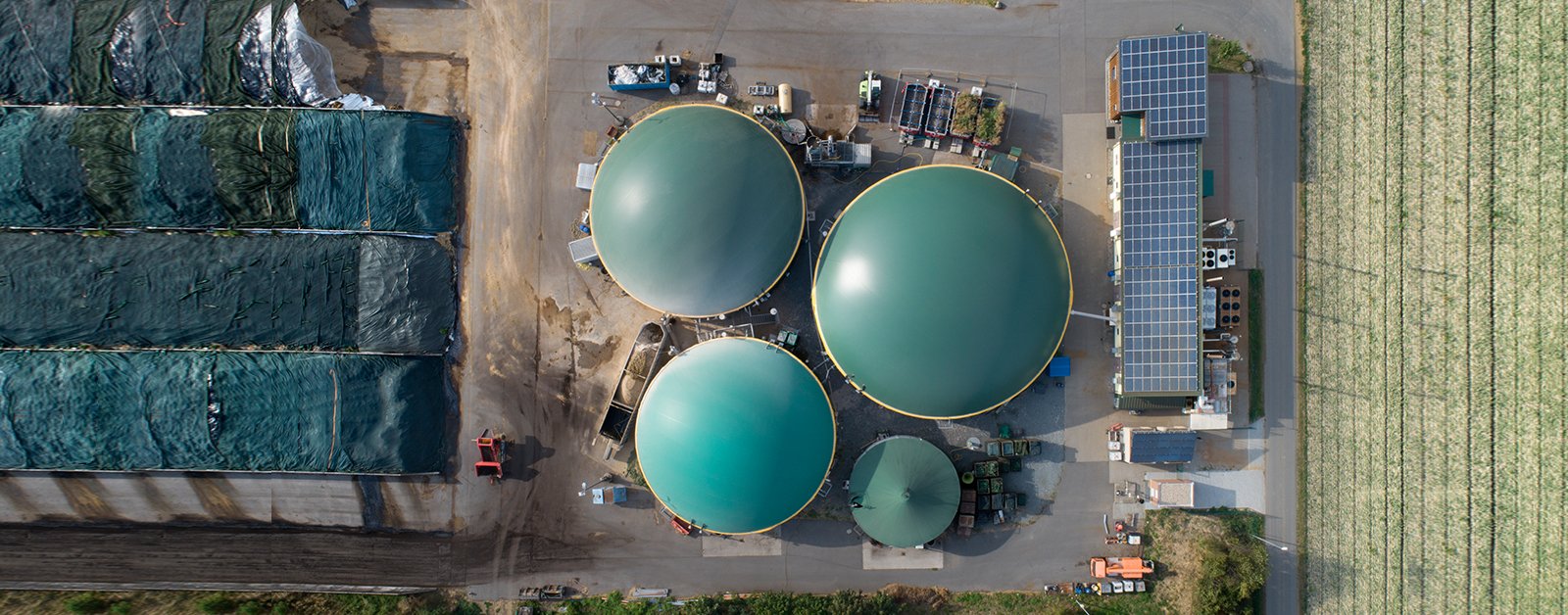Driven by climate change, consumer demand, and increasing government regulation, the global energy landscape is changing rapidly. The pace of development and commercialization of alternative fuels is unprecedented, positioning the sector for near and long-term growth. Governments at all levels are shifting their focus toward the use of alternative fuels, creating a new and expanded regulatory and legal framework and resulting in increased use of low-carbon fuel options in Canada’s energy supply.
Hydrogen and renewable natural gas are now a major focus in Canada. They power cars and heat homes while reducing greenhouse gas emissions and pollution. Companies across Canada are investing in alternative fuels to remake their greenhouse gas emissions profiles, while municipalities and private proponents are building facilities powered by alternative fuels to manage organic waste no longer allowed in landfills.
Our top-ranked energy team provides strategic legal advice on the development and use of alternative fuels, including:
- Hydrogen;
- Electricity and electric vehicle (EV) charging networks;
- Biogas;
- Ethanol/methanol;
- Renewable natural gas;
- Renewable diesel/biodiesel;
- Synthetic fuels;
- Bio-propane; and
- Sustainable aviation fuels.
BLG’s energy lawyers have deep industry experience related to electricity, oil and gas, renewables, and infrastructure across Canada. Our lawyers regularly assist clients in developing alternative fuel projects and provide strategic advice to navigate the complex regulatory and legal framework governing the alternative fuels sector.




